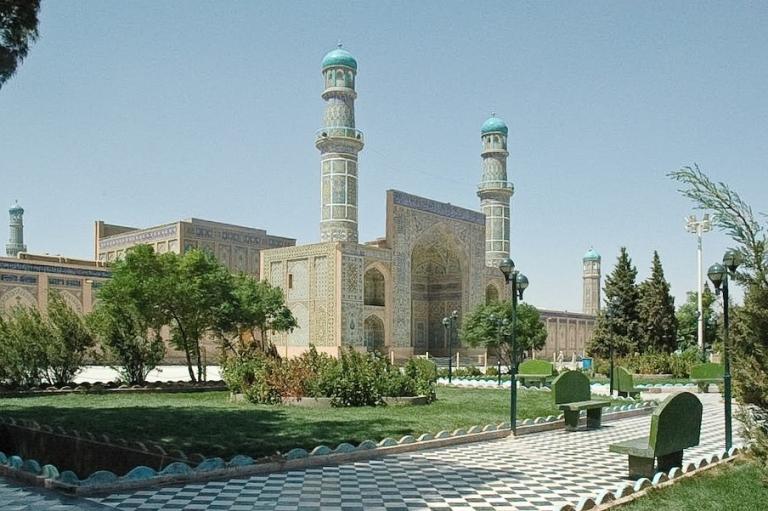
Graham E. Fuller’s 2011 book A World without Islam impressed me very much. Here are a few of the passages that I marked in it:
“If there had never been an Islam, if a Prophet Muhammad had never emerged from the deserts of Arabia, if there had been no saga of the spread of Islam across vast parts of the Middle East, Asia, and Africa, wouldn’t the relationship between the West and the Middle East today be entirely different? No, I argue, it might actually be quite similar to what we see today.” (4)
“The West, and especially the United States, has shown no serious or sustained interest in the Middle East until the last half century. We tend to be comfortably ignorant of the history of Western interventionism in the region over centuries—or even over a millennium. We are only superficially aware of Middle Eastern critiques of Western policies that touch on oil, finances, political intervention, Western-sponsored coups, Western support for pro-Western dictators, and carte blanche American support for Israel in the complex Palestinian problem—which, after all, had its roots not in Islam, but in Western persecution and butchery of European Jews.” (5)
Islam “has primarily served as flag or banner for other, deeper kinds of rivalries and confrontations taking place.” (5)
“In the end, I hope to persuade the reader that the present crisis of East-West relations, or between the West and ‘Islam,’ has really very little to do with religion and everything to do with political and cultural frictions, interests, rivalries, and clashes.” (16)
“Yet the real issue is not the danger of religion per se, but of dogmatic thinking. The true horrors of the twentieth century have almost nothing to do with religions: two world wars, Franco, Mussolini, Hitler, Lenin, Stalin, Mao, Pol Pot, Rwanda—the deaths of hundreds of millions of people, all involving secular, even atheist regimes that seized upon dogmatic ideas and brutally implemented them at all cost.” (17)
“If there had been no Islam, the world would have been less rich culturally and intellectually, but the cultural and theological groundwork of thinking in the Middle East might not have been vastly different.” (36)
“For many centuries, Muslims led most of the world in the arts, sciences, philosophy, military skills, and technology, demonstrating to its followers that something was very right about this flourishing civilization.
“The one region of the then known world in which Islam had limited impact or contact was Western Europe. It was only as Western Europe as a latecomer began to hit its stride, with the rapid rise of nation-states after the Reformation and the Age of Exploration, that the balance began to shift between Western and Eastern civilizations. Muslim cultures and states had begun to lose their creative élan and to move into decline.” (244)
Formerly vice-chair of the National Intelligence Council, Graham Fuller also served as the CIA station chief in Kabul. After a 27-year career in the United States State Department and the CIA, he joined the Rand Corporation as a senior political scientist specializing in the Middle East. As of 2006, he was an adjunct professor of history eat Simon Fraser University in Vancouver, BC.











